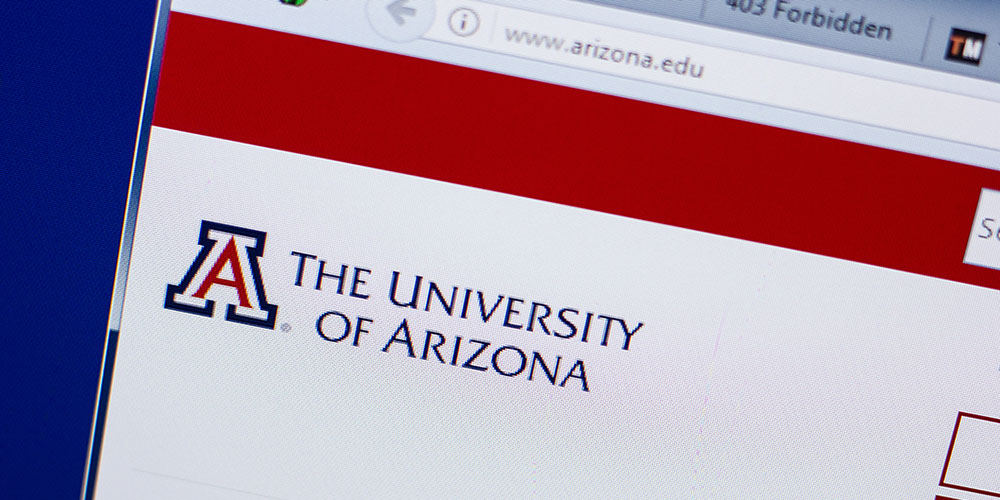One of two federal lawsuits filed against the University of Arizona (UA) for its handling of abuse complaints against a football player was dismissed Wednesday.
Former student-athlete Orlando Bradford was arrested in Sep. 2016 after a student, the plaintiff in the now-dismissed lawsuit, told police that he held her against her will in his off-campus apartment for two days and physically abused her, reports Tucson.com. The following day, another woman came forward stating Bradford had been physically abusing her for months.
As a result, the university immediately removed Bradford from the football team. One year later, he pleaded guilty to two counts of domestic violence-related aggravated assault and was sentenced to five years in prison.
A year after Bradford’s arrest, the first victim filed a lawsuit claiming UA officials knew Bradford was a danger to female students and did not take necessary action to protect her. The lawsuit accused officials of violating her Title IX rights to an education free from discrimination, negligence and intentional infliction of emotional distress.
The plaintiff and the Arizona attorney general’s office agreed to drop the second and third counts in the lawsuit. In Nov. 2017, the AG’s office filed a motion asking the judge to “isolate and dispose of factually unsupported claims.”
In his ruling, Chief U.S. District Judge G. Murray Snow said a successful Title IX case for student-to-student harassment must prove four things: the defendant had actual knowledge of the harassment; the defendant was deliberately indifferent to the harassment in a way that allowed the harassment to continue; the plaintiff suffered such severe and pervasive harassment that it deprived them of educational opportunities; and the defendant exercised substantial control over both the harasser and the context in which the harassment occurred
“While it is undeniable that (the UA) exercised substantial control over Bradford, plaintiff has not offered any evidence that (the UA) exercised substantial control over the context in which her abuse occurred,” ruled Snow.
Although the plaintiff’s abuse occurred off-campus, she based her claim on UA’s knowledge of Bradford’s abuse of the second student and a third student who did not file charges. Because the plaintiff used UA’s knowledge of prior harassment as the source of UA’s liability to protect her, she had to prove that UA exercised control over the environment of her harassment, which she failed to do during the discovery process, according to the ruling.
Isabel Humphrey, the plaintiff’s lawyer, said she would be filing post-trial motions or an appeal in the coming weeks.
Another lawsuit filed by the second student in Jan. 2018 is scheduled to go to trial next month.







